UK data think-tanks clash over the use of contact-tracing apps
Government warned not to exploit pandemic to expand "snooping regime with minimal scrutiny"
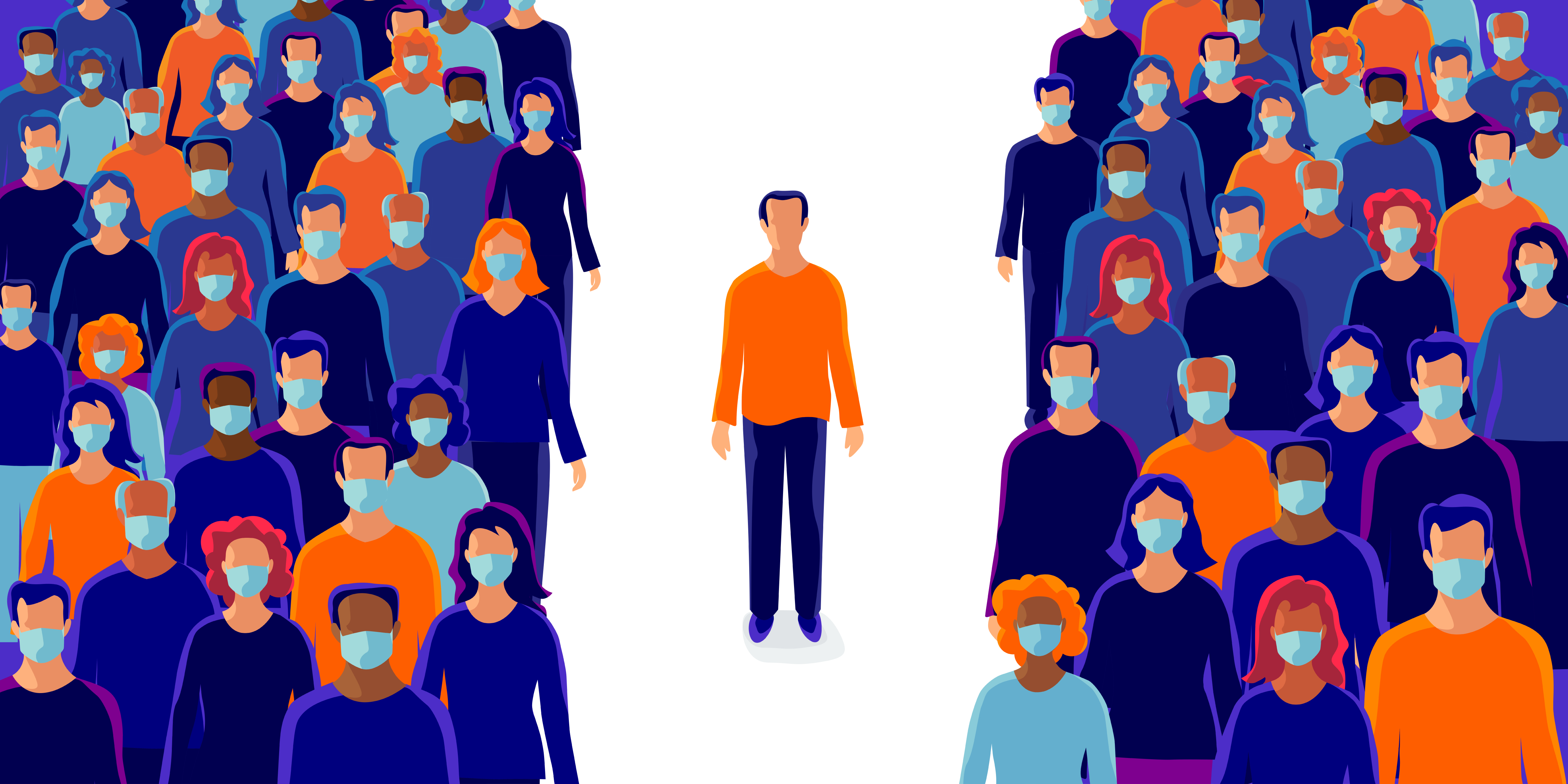

Contact-tracing apps have sparked a major debate in the UK about the collection of personal data and the flexibility of privacy protection laws.
While some have argued that relaxing data regulations can help governments to track the spread of the coronavirus when lockdowns are lifted, critics are suggesting this could lead to 'mission creep', where surveillance powers are not dialled back once the crisis eases.
The Tony Blair Institute for Global Change (TBI), founded by the former prime minister, has released a report that suggests an increase in state surveillance to track the spread of COVID-19 is a "price worth paying".
The report calls on policymakers to adopt privacy-focused options and recommends open and transparent operations.
"The price of this escape route is an unprecedented increase in digital surveillance," the report claims. "In normal times, the degree of monitoring and state intervention we are talking about here would be out of the question in liberal democracies. But these are not normal times, and the alternatives are even more unpalatable."
The UK's government is already working on a tracking app, in partnership with Apple and Google, that will allow users to declare whether they have COVID-19 symptoms. The software will be able to determine whether users have recently been in touch with anybody who has self-diagnosed and will send out a relevant alert to their device.
However, a number of human rights groups have spoken out about the government's plan, such as Article 19, which has argued that the already expansive Investigatory Powers Act could be widened further under the guise of public interest. Under this law, internet service providers and mobile phone companies are compelled to collect data about their customer's web browsing, email and phone activity, and store this data for 12 months.
Get the ITPro daily newsletter
Sign up today and you will receive a free copy of our Future Focus 2025 report - the leading guidance on AI, cybersecurity and other IT challenges as per 700+ senior executives
"Government proposals to increase the number of public bodies that can access this data is the kind of mission creep that Article 19 warned about when the Investigatory Powers Act was passed in 2016," said Sarah Clarke, Article 19's head of Europe and Central Asia.
"The UK must not use the coronavirus pandemic as an opportunity to expand its snooping regime with minimal scrutiny."
RELATED RESOURCE

Don’t just collect data, innovate with it.
Removing the barriers to the experience economy
In the middle of the debate is the UK's Information Commissioner's Office, which suggested last month that "data protection law can work flexibly to protect lives and data".
"We will be reviewing the technical details and engaging with Google and Apple as their work continues to ensure privacy issues are considered, while also taking into account the compelling public interest in the current emergency."
Bobby Hellard is ITPro's Reviews Editor and has worked on CloudPro and ChannelPro since 2018. In his time at ITPro, Bobby has covered stories for all the major technology companies, such as Apple, Microsoft, Amazon and Facebook, and regularly attends industry-leading events such as AWS Re:Invent and Google Cloud Next.
Bobby mainly covers hardware reviews, but you will also recognize him as the face of many of our video reviews of laptops and smartphones.
-
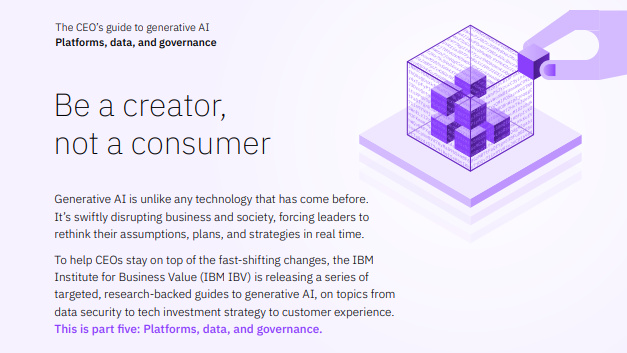 The CEO's guide to generative AI: Be a creator, not a consumer
The CEO's guide to generative AI: Be a creator, not a consumerWhitepaper Innovate your business model with modern IT architecture, and the principles of trustworthy AI
By ITPro
-
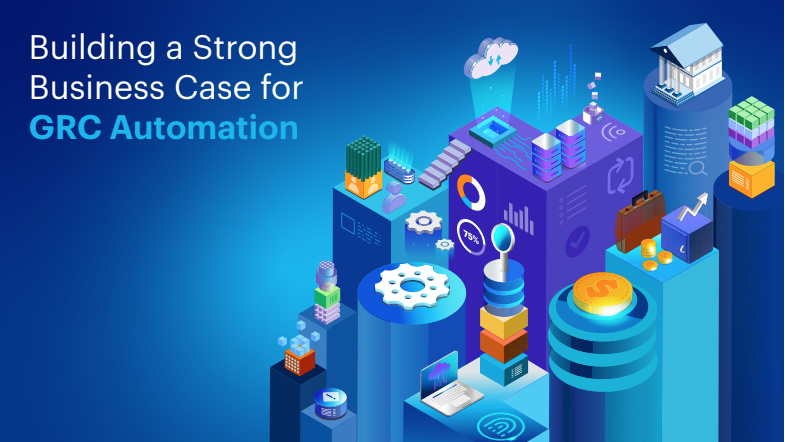 Building a strong business case for GRC automation
Building a strong business case for GRC automationwhitepaper Successfully implement an innovative governance, risk & compliance management platform
By ITPro
-
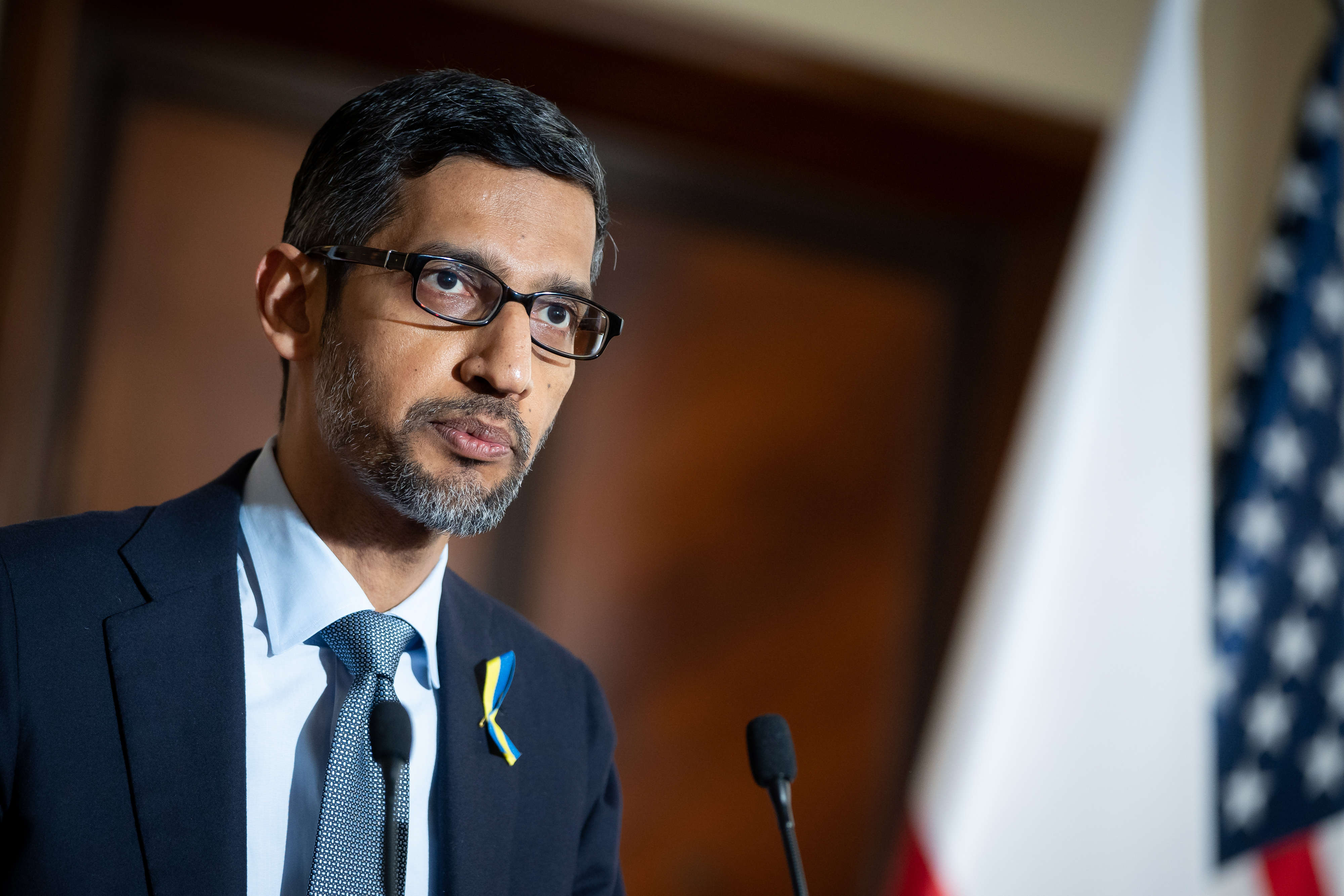 Sundar Pichai: AI keeps me up at night
Sundar Pichai: AI keeps me up at nightNews The Google chief warned that recent AI developments will have a profound impact on society
By Ross Kelly
-
 ChatGPT privacy flaw exposes users’ chatbot interactions
ChatGPT privacy flaw exposes users’ chatbot interactionsNews OpenAI has not expanded on the flaw in detail, nor indicated its reach
By Rory Bathgate
-
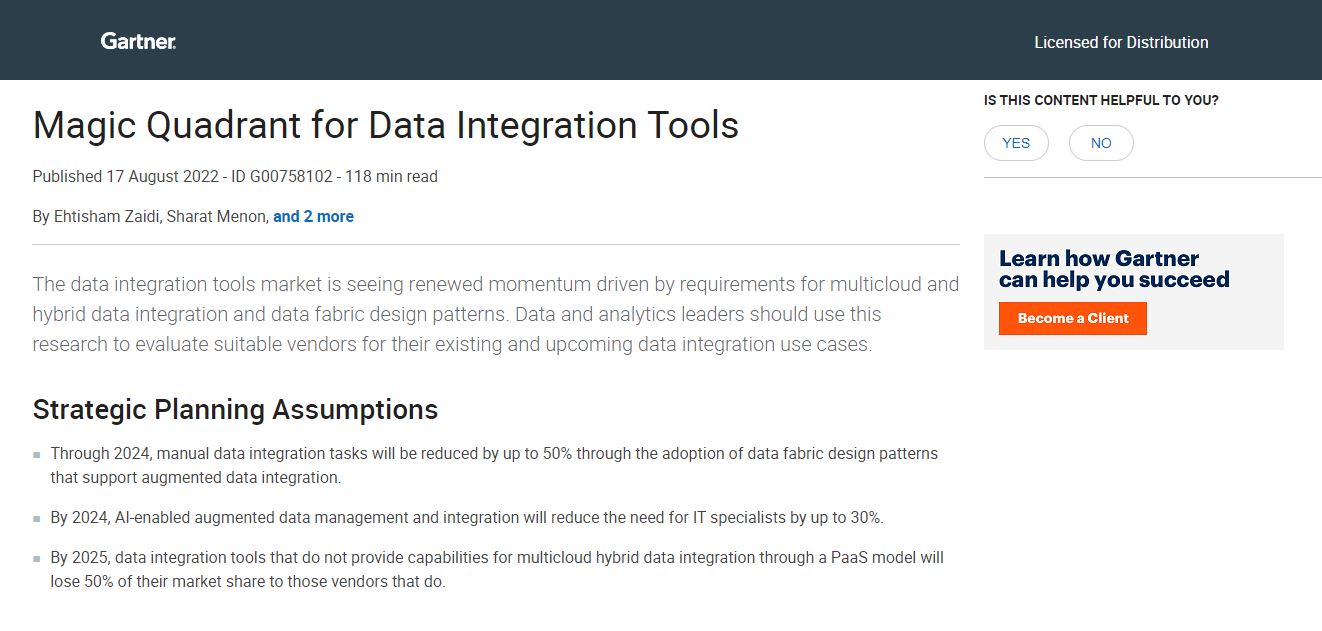 2022 Magic Quadrant for data integration tools
2022 Magic Quadrant for data integration toolsWhitepaper Using research to evaluate suitable vendors for their existing and upcoming data integration use cases
By ITPro
-
 Redefining modern master data management in the cloud
Redefining modern master data management in the cloudWhitepaper Why you need a modern MDM solution built for the cloud
By ITPro
-
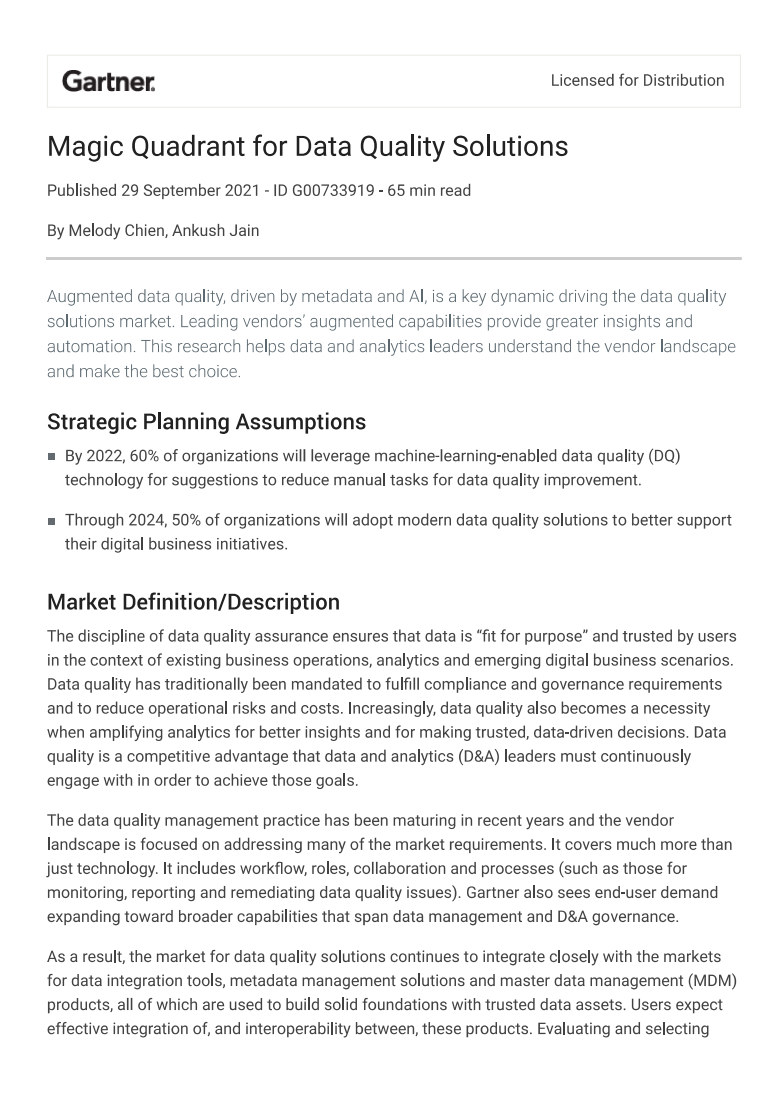 Magic quadrant for data quality solutions
Magic quadrant for data quality solutionsWhitepaper Amplifying analytics for better insights and for making trusted, data-driven decisions
By ITPro
-
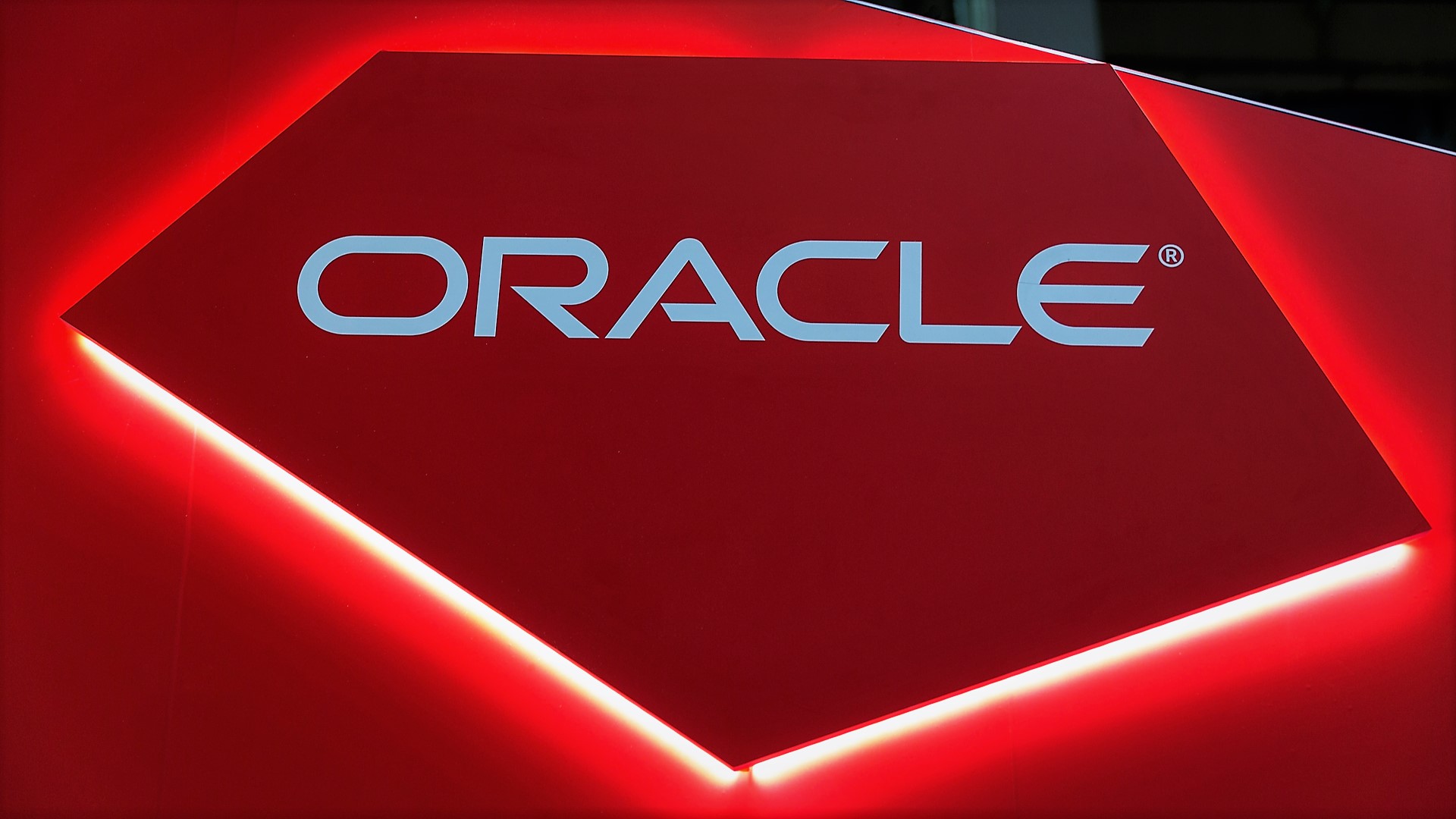 Oracle to act as US data auditor for TikTok
Oracle to act as US data auditor for TikTokNews All US traffic on the social media platform will be routed through Oracle's cloud infrastructure
By Rory Bathgate

